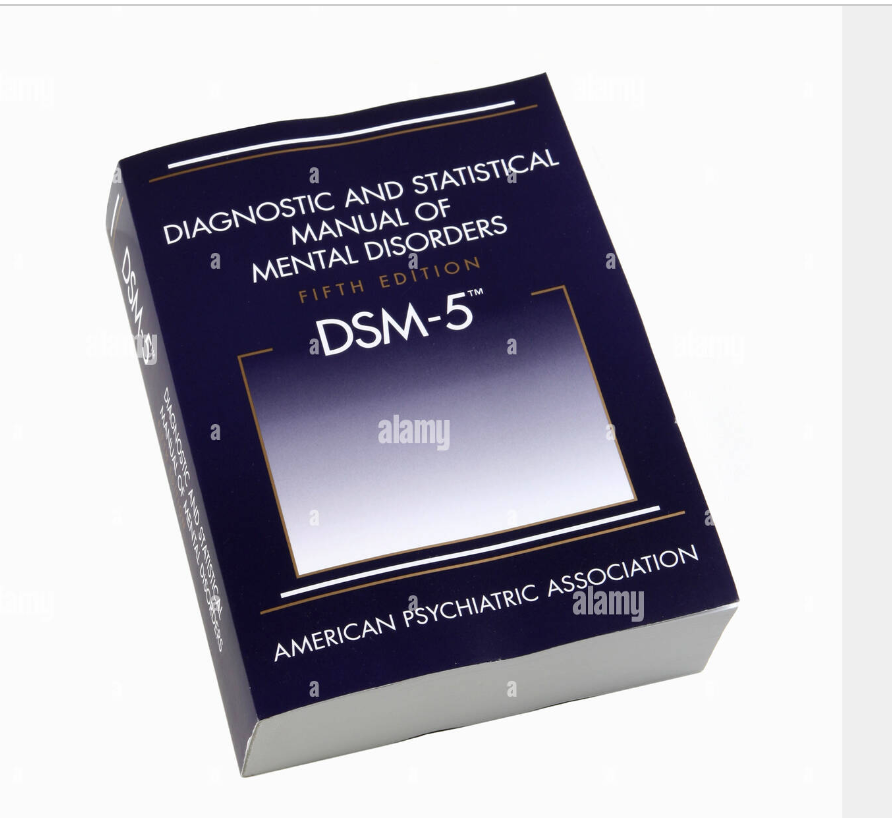An enzyme that efficiently degrades and metabolizes cocaine has been given a ‘cooperative agreement grant’ from the National Institute on Drug Abuse (NIDA) part of the National Institutes of Health.
The recombinant enzyme is a double-mutant cocaine esterase 200 mg intravenous (IV) solution and treats cocaine intoxication, which refers to the state of when cocaine has deleterious effects on several body systems – in particular cardiovascular.
Physiological effects
TNX-1300 demonstrated activity on reversing the physiological effects of IV cocaine challenge in people who use cocaine in a prior phase 2a randomized, double-blind, placebo-controlled clinical study.
Last year (2021), more than 24,900 people in the U.S. died from drug overdoses involving cocaine.
Seth Lederman, president and chief executive officer of Tonix Pharmaceuticals, said: “This grant award underscores the unmet need for safe and effective treatments for cocaine intoxication and validates the progress we have achieved to date with TNX-1300.
Serious issue
“Cocaine intoxication remains a serious issue in the U.S. where there is currently no specific pharmacotherapy indicated treatments. By targeting the cause rather than the symptoms of cocaine intoxication, we believe TNX-1300 may offer significant advantages to the current standard of care for cocaine intoxication.”
Tonix recently announced the design of a new single-blind, open-label, placebo-controlled, randomized phase 2 clinical trial of TNX-1300 for the treatment of cocaine intoxication. The phase 2 study, which has the potential to serve as a pivotal trial, is anticipated to start in the fourth quarter of 2022, pending US Food and Drug Administration (FDA) agreement.
TNX-1300 has been granted Breakthrough Therapy designation by the FDA. As a biologic and new molecular entity, TNX-1300 is eligible for 12 years of U.S. market exclusivity upon approval by the FDA, in addition to expected patent protection through 2029.
From Labiotech.eu





Leave A Comment